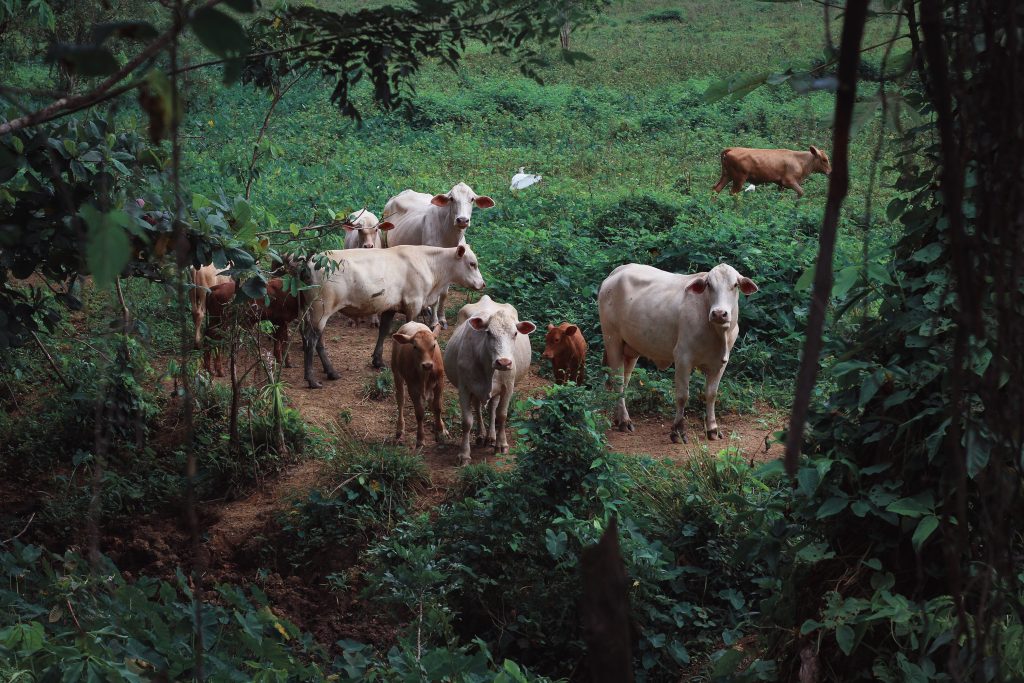A cultural landscape approach to improve governance of pastoral food systems in East Africa and beyond

PI: Dr Thomas Currie
Funder: Arts and Humanities Research Council (AHRC)
Cultural beliefs and practices associated with extensive mobile pastoralism enable people to live in arid regions. In East Africa modernization and increasing population densities combined with national economic policies have caused fragmentation of rangelands and soil degradation, and thus broader economic and ecological problems. Community-based rangeland conservancies provide a potential solution to these challenges and address several SDGs by providing food security and improved nutrition; restoring degraded land; conserving ecosystems and their services; and establishing more inclusive forms of governance that incorporate previously under-represented groups, such as women or young, unmarried men.
In this partnership, University of Exeter and Tegemeo Institute are bringing together a network of researchers from economics, anthropology, behavioural ecology, and psychology with policy makers in order to understand how contextually-driven policies can be developed that effectively promote sustainable and inclusive systems of pastoral food production in a way that respects and leverages the traditions and culture of pastoralist communities, and takes into account the interactions between different levels of these systems.

